In today’s fast-paced fashion industry, standing out is crucial. Unique fashion brands are not only carving a niche for themselves with their distinct styles but are also leading the way towards a more sustainable future. With consumers becoming increasingly conscious of their environmental and social impact, the demand for sustainable fashion has surged. This article explores how unique brands are embracing sustainability and revolutionizing the fashion landscape.
The Rise of Sustainable Fashion
Sustainable fashion goes beyond trends; it encompasses ethical sourcing, environmentally friendly production methods, and fair labor practices. As consumers become more aware of the environmental and social implications of their purchasing decisions, there has been a significant shift towards sustainable fashion. Brands that prioritize sustainability are gaining traction, appealing to eco-conscious consumers seeking ethically-made, stylish clothing.
Unique Fashion Brands Embracing Sustainability
Many unique brands are leading the charge towards sustainability by implementing innovative practices and materials. From using recycled fabrics to adopting zero-waste production techniques, these brands are redefining the concept of fashion while minimizing their ecological footprint. Examples include Reformation, known for its chic designs and commitment to eco-friendly materials, and Stella McCartney, a pioneer in luxury sustainable fashion.
Importance of Ethical Sourcing and Production
Ethical sourcing and production are fundamental to the ethos of unique fashion brands. By prioritizing fair labor practices and supporting local artisans, these brands ensure that their garments are made with integrity and care. Additionally, sustainable fashion brands strive to minimize waste and reduce their reliance on harmful chemicals, thereby mitigating their impact on the environment.
Creative Design and Innovation
Unique brands excel in creative design and innovation, offering consumers distinctive and memorable pieces. By experimenting with unconventional materials and pushing the boundaries of traditional fashion, these brands set themselves apart in a crowded market. Balancing creativity with sustainability, they prove that fashion can be both stylish and environmentally responsible.
Building Brand Identity and Storytelling
A strong brand identity is essential for unique fashion brands to connect with consumers on a deeper level. By telling compelling stories about their origins, values, and commitments to sustainability, these brands forge meaningful connections with their audience. Through authentic storytelling, they invite consumers to become part of their journey towards a more sustainable future.
Collaborations and Partnerships
Collaborations and partnerships play a vital role in the success of unique brands. By teaming up with like-minded organizations and individuals, these brands amplify their impact and reach new audiences. Whether collaborating with other fashion labels or partnering with environmental nonprofits, these alliances enable unique brands to drive positive change on a larger scale.
Consumer Engagement and Education
Educating consumers about the importance of sustainable fashion is key to driving lasting change. Unique brands engage with their audience through social media, events, and educational campaigns, empowering consumers to make informed choices. By highlighting the benefits of sustainable fashion and providing resources for conscious shopping, these brands inspire meaningful action.
Overcoming Challenges in Sustainable Fashion
While the momentum towards sustainable fashion is encouraging, unique brands still face challenges on their journey. From sourcing sustainable materials to navigating complex supply chains, there are obstacles to overcome. However, through innovation, collaboration, and perseverance, these brands continue to push the boundaries of what’s possible in the fashion industry.
Sourcing Sustainable Materials:
Patagonia, a renowned outdoor clothing company, is committed to sourcing sustainable materials for its products. The brand utilizes recycled polyester, organic cotton, and responsibly-sourced wool to minimize its environmental impact while maintaining high-quality standards.
Navigating Complex Supply Chains:
Eileen Fisher, an American clothing brand, is dedicated to transparency and traceability in its supply chain. Through initiatives like the “Vision2020” program, Eileen Fisher works closely with suppliers to ensure ethical production practices and traceability of materials from source to finished product.
Balancing Sustainability with Affordability:
Everlane, a direct-to-consumer fashion brand, prioritizes transparency and affordability in its sustainable business model. By cutting out middlemen and offering transparent pricing, Everlane makes ethically made clothing accessible to a wider audience without compromising on quality or ethical standards.
Consumer Education and Awareness:
Stella McCartney, a pioneer in sustainable luxury fashion, actively educates consumers about their fashion choices’ environmental and social impact. Through initiatives like the “#StellaCares” campaign and sustainability reports, Stella McCartney raises awareness and empowers consumers to make informed decisions.
Scaling Sustainable Practices:
Reformation, a Los Angeles-based fashion brand, has successfully scaled sustainable practices. Through innovative manufacturing processes and supply chain efficiencies, Reformation produces stylish and sustainable clothing at scale, demonstrating that sustainability can be profitable.
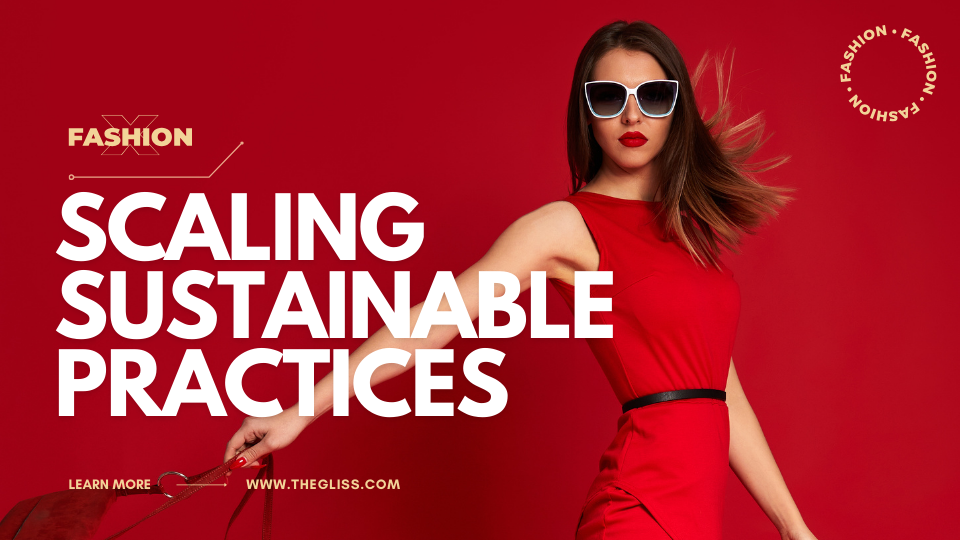
Regulatory Compliance:
H&M Conscious, the sustainable line by global retailer H&M, is committed to compliance with regulations and standards related to sustainability and labor practices. By partnering with organizations like the Fair Labor Association and implementing robust supply chain monitoring, H&M Conscious ensures compliance while promoting ethical fashion.
Changing Consumer Behavior:
Veja, a French sneaker brand, has successfully changed consumer behavior by promoting transparency and sustainability. Through initiatives like the “Transparency Project” and partnerships with ethical suppliers, Veja encourages consumers to prioritize sustainability in their purchasing decisions.
Addressing Waste and Recycling:
Levi Strauss & Co., the iconic denim brand, is leading the way in addressing waste and recycling in the fashion industry. Through initiatives like the “Water<Less” program and the “SecondHand” resale platform, Levi’s reduces water usage in denim production and promotes circularity by extending the lifespan of its products.
Future Trends and Innovations
Looking ahead, the future of unique brands is bright. Emerging trends such as circular fashion, upcycling, and virtual fashion experiences are reshaping the industry. As technology advances and consumer preferences evolve, unique fashion brands will continue to innovate and lead the way toward a more sustainable and inclusive fashion ecosystem.
PH5 (United States):
PH5 is renowned for its innovative approach to knitwear, utilizing advanced 3D knitting technology and unconventional design techniques. Based in the United States, PH5 merges traditional craftsmanship with cutting-edge textile innovation to create unique and sustainable knitwear pieces.
Aeyde (Germany):
Aeyde, based in Germany, stands out for its innovative business model and timeless shoe designs. The brand embraces direct-to-consumer strategies, eliminating traditional retail markups, and offering luxury-quality footwear at more accessible prices. This disruptive approach to luxury fashion exemplifies innovation in the industry.
TALA (United Kingdom):
TALA, hailing from the United Kingdom, is leading the charge in sustainable activewear innovation. The brand uses recycled materials and transparent supply chains to create stylish, eco-friendly athletic apparel. Additionally, TALA promotes inclusivity and body positivity, fostering innovation in both product design and social impact.
Ganni (Denmark):
Ganni, a Danish brand, is circularly driving innovation through its rental platform and upcycling initiatives. By extending the lifespan of its garments and minimizing waste, Ganni challenges the fast fashion model prevalent in the industry. The brand’s commitment to sustainability and innovation sets it apart in the fashion landscape.
Stitch Fix (United States):
Stitch Fix, headquartered in the United States, is revolutionizing the retail experience through data-driven personalization and machine learning algorithms. By analyzing customer preferences and feedback, Stitch Fix delivers curated clothing selections tailored to each individual’s unique style. This innovative approach to shopping redefines the traditional retail model and enhances the customer experience.
Bottomline
Unique fashion brands are at the forefront of the sustainable fashion movement, demonstrating that style and sustainability can coexist harmoniously. By embracing creativity, innovation, and ethical practices, these brands are redefining the fashion industry and inspiring positive change. As consumers, we have the power to support these brands and drive meaningful progress towards a more sustainable future.
FAQs
What defines a unique fashion brand?
A unique fashion brand stands out for its distinct style, innovative designs, and commitment to sustainability.
How can consumers support sustainable fashion brands?
Consumers can support sustainable fashion brands by choosing ethically made, environmentally-friendly clothing and accessories and spreading awareness about the importance of conscious consumption.
What are some examples of sustainable materials used in fashion?
Sustainable materials commonly used in fashion include organic cotton, recycled polyester, Tencel, and hemp.
Why is ethical sourcing important in the fashion industry?
Ethical sourcing ensures that garments are produced under fair labor conditions, minimizing exploitation and promoting social responsibility within the fashion supply chain.
How can unique brands differentiate themselves in a competitive market?
These brands can differentiate themselves by prioritizing creativity, sustainability, and authenticity, and by telling compelling stories that resonate with consumers.

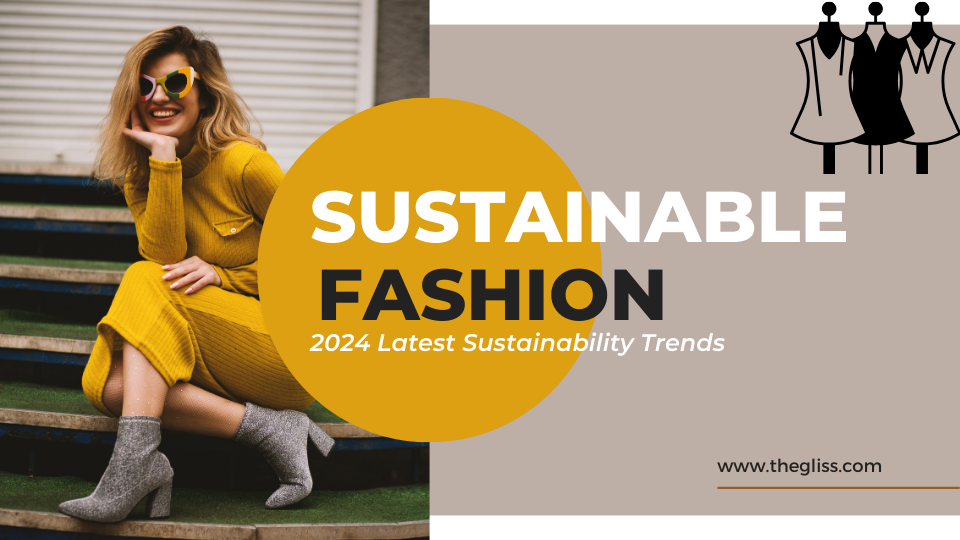
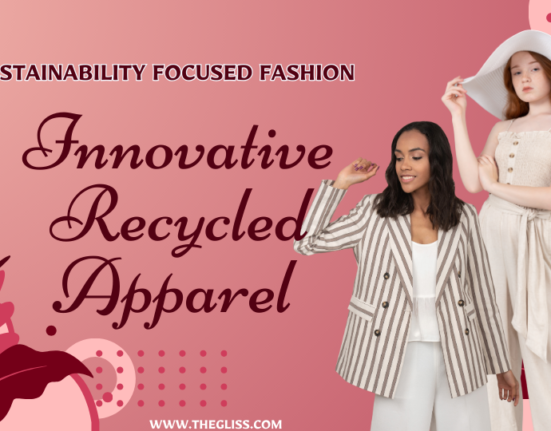
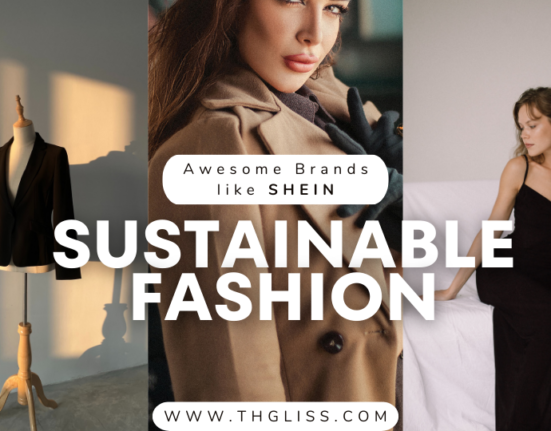
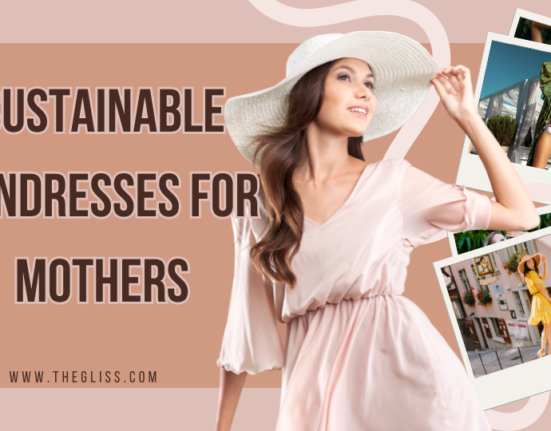
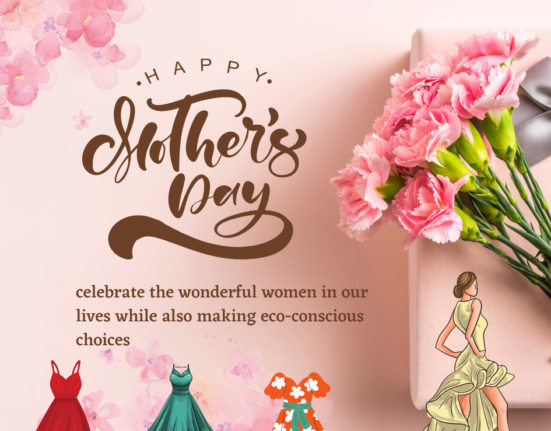
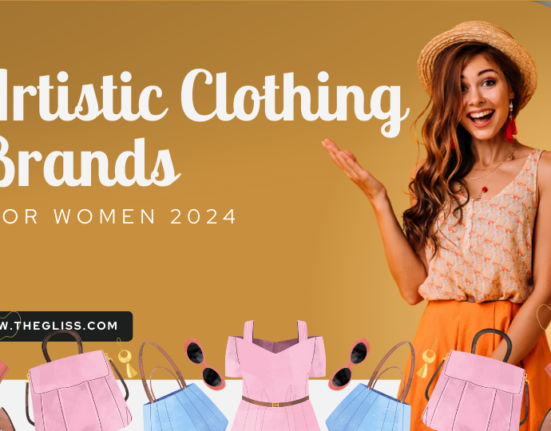
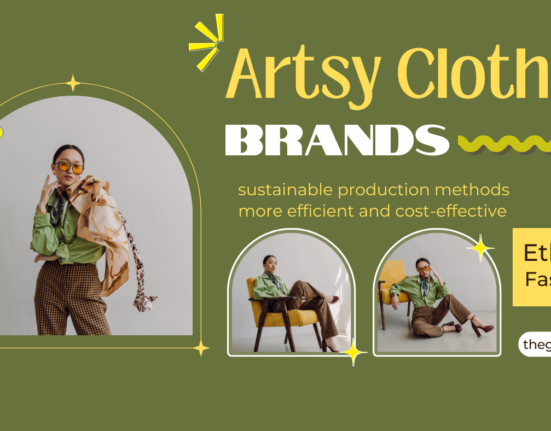
Leave feedback about this